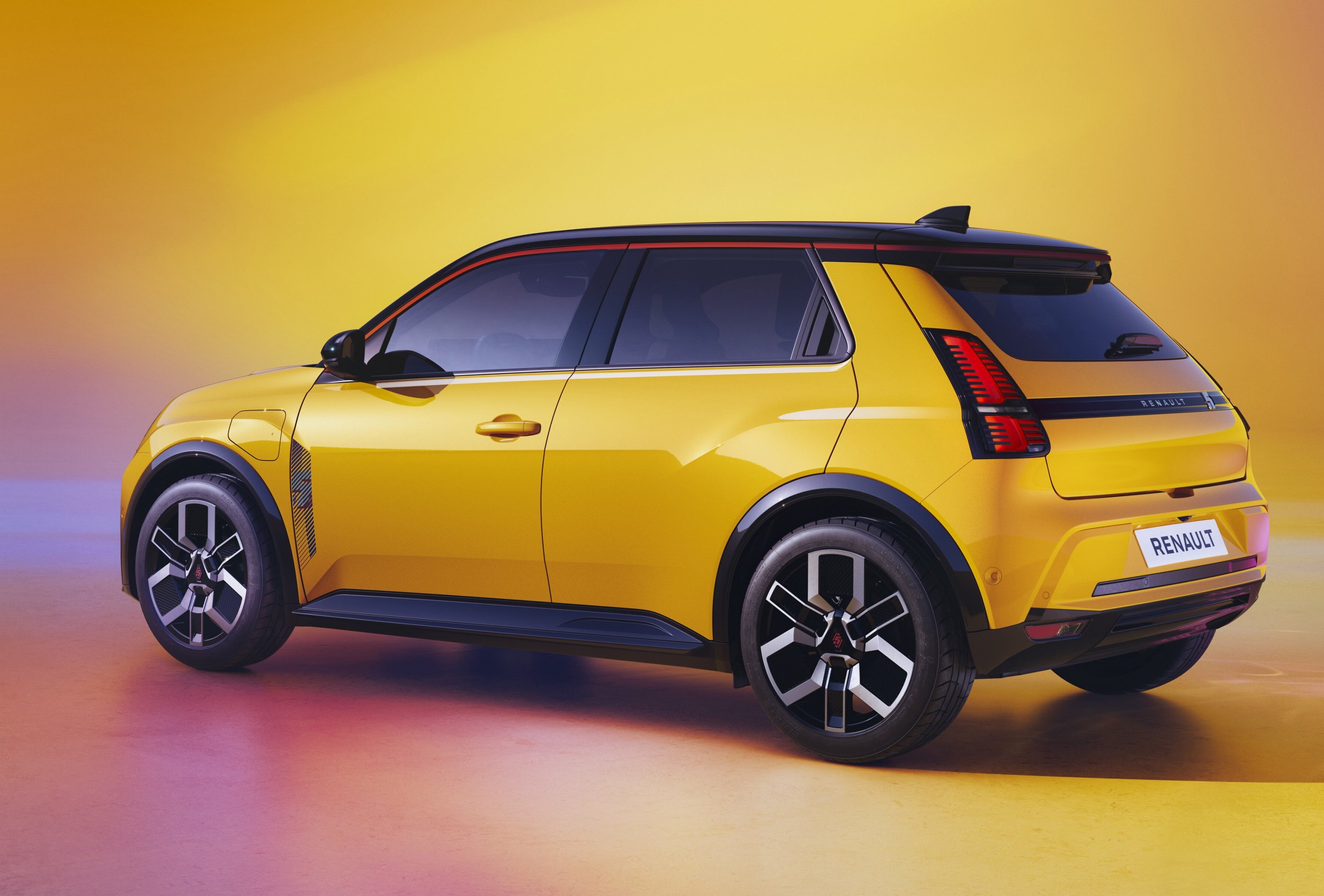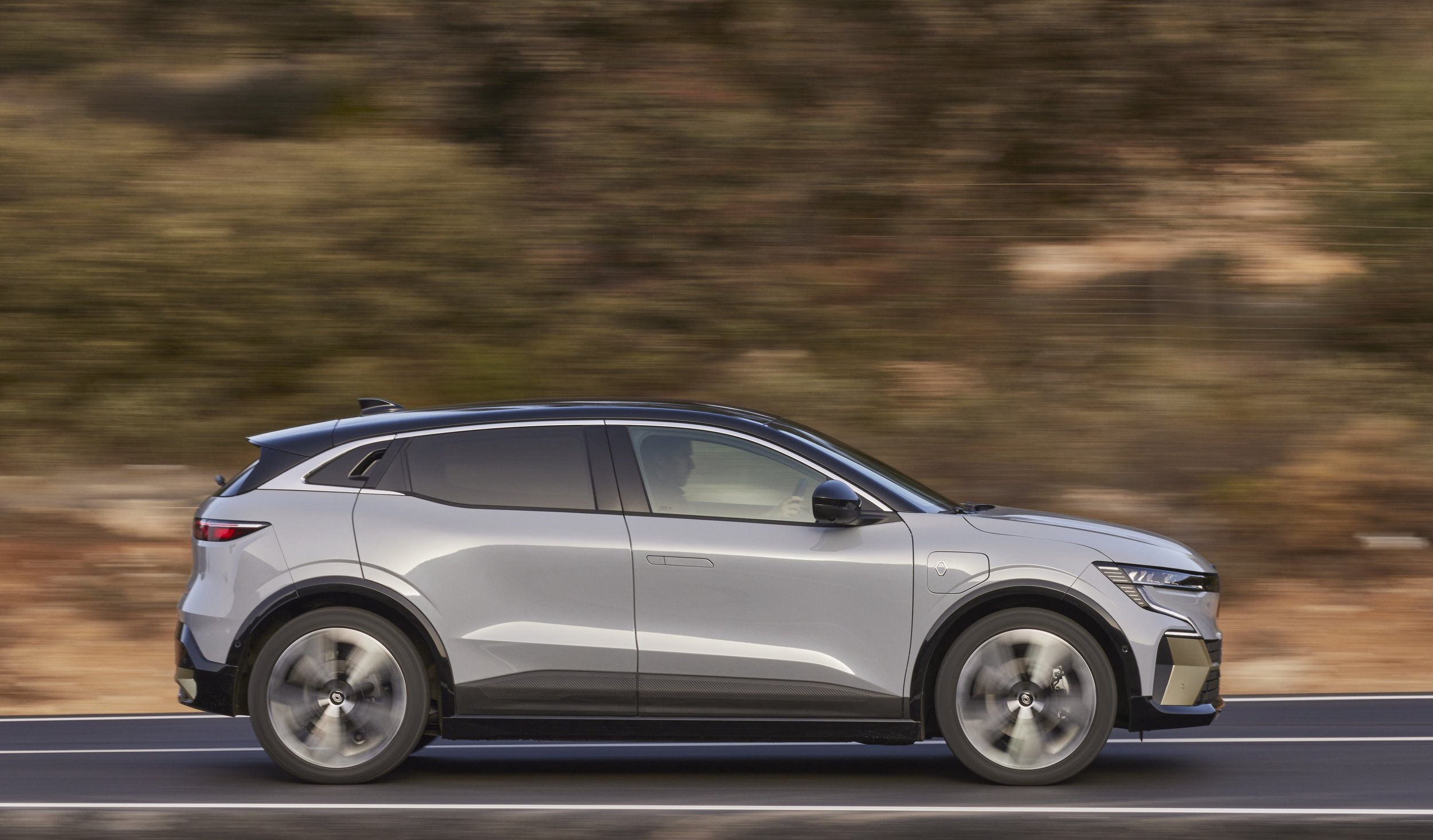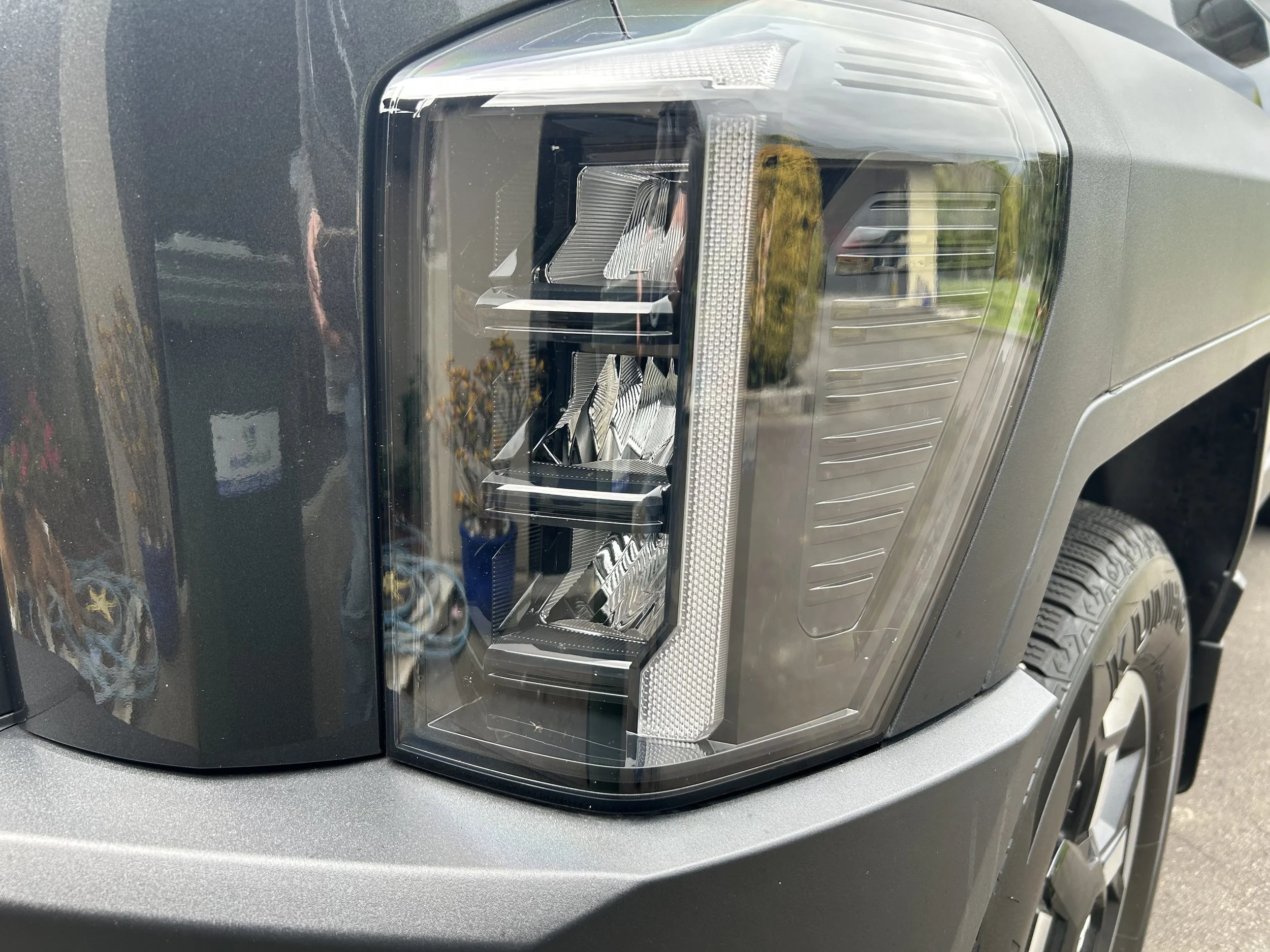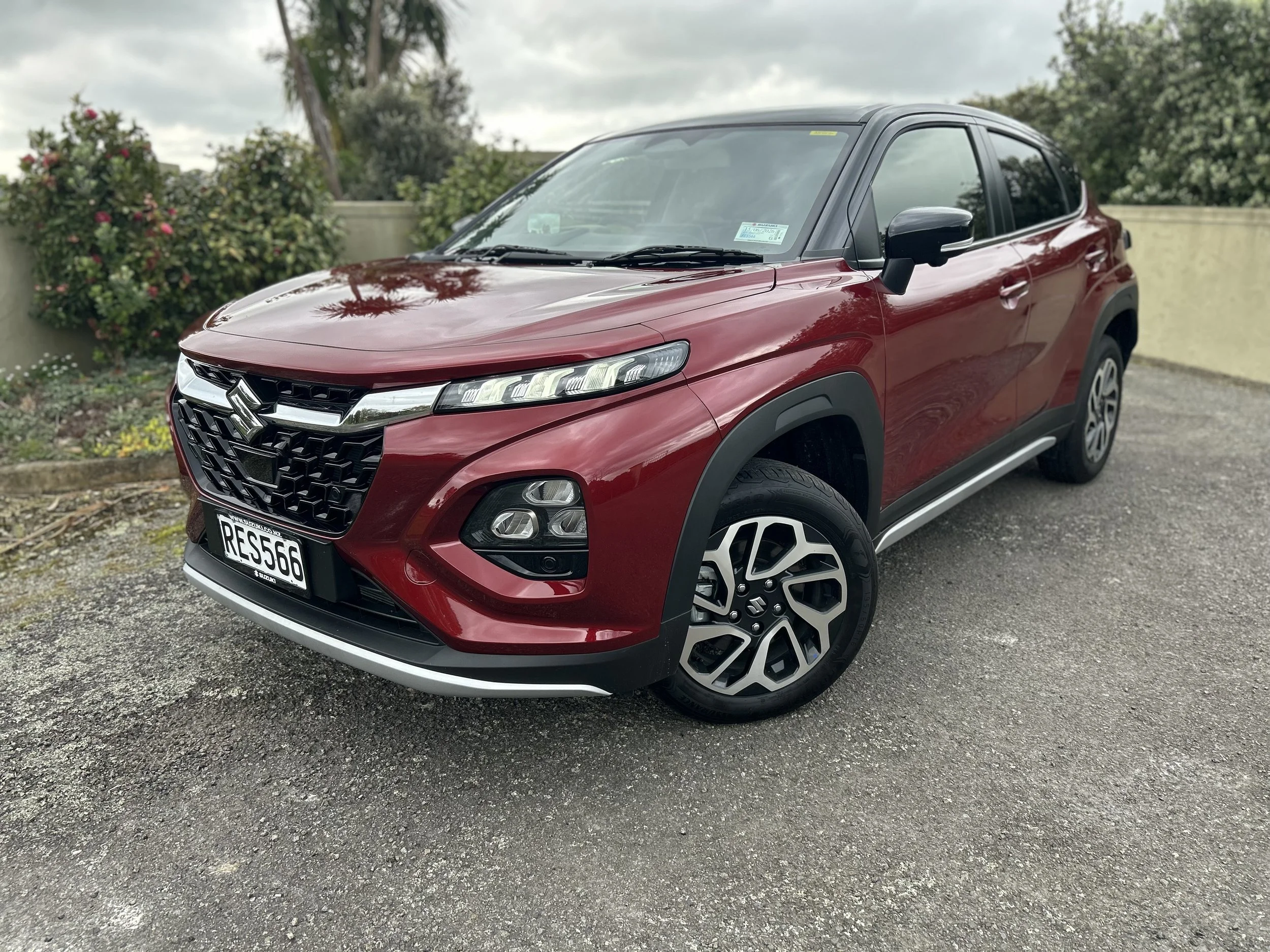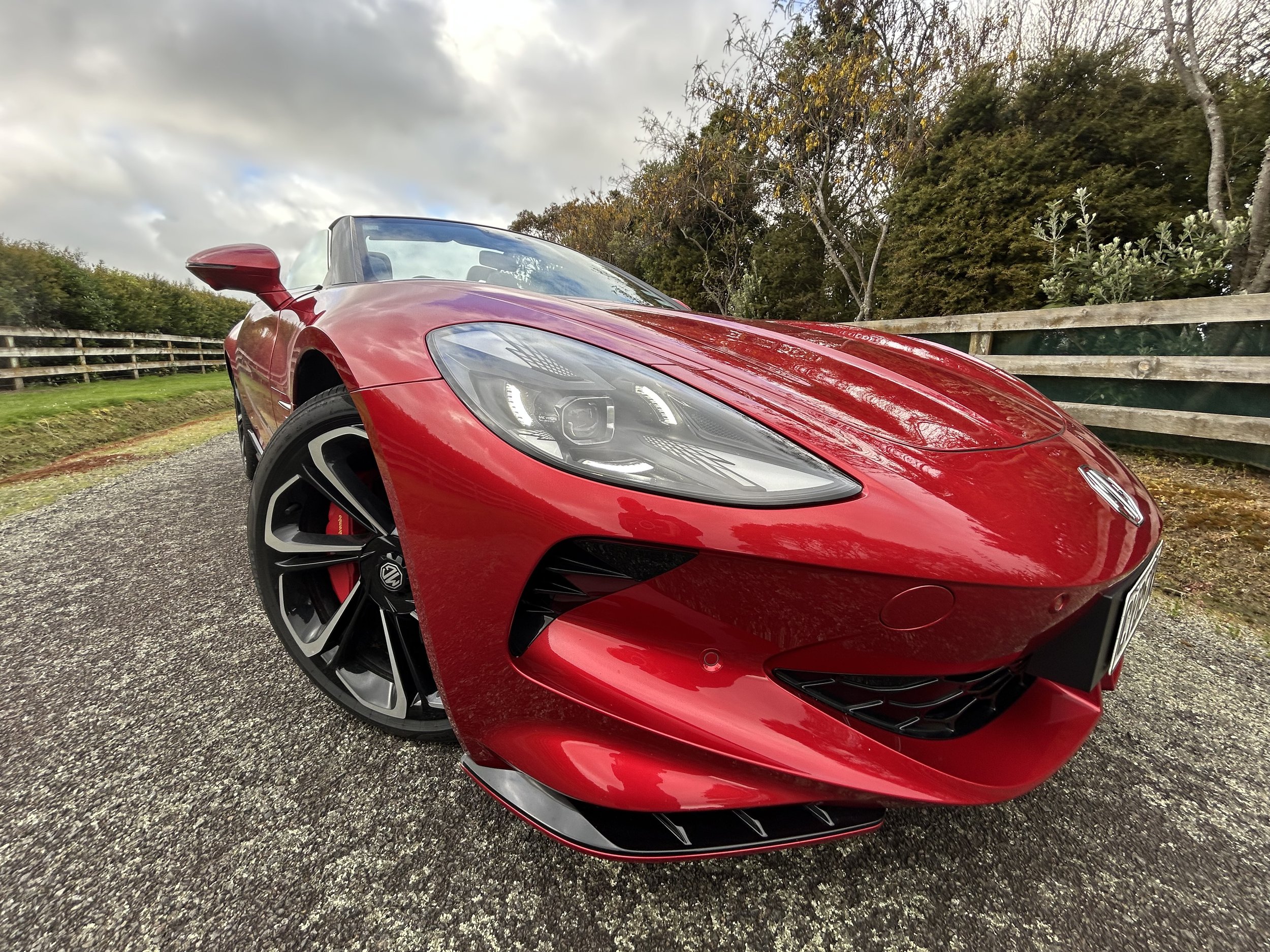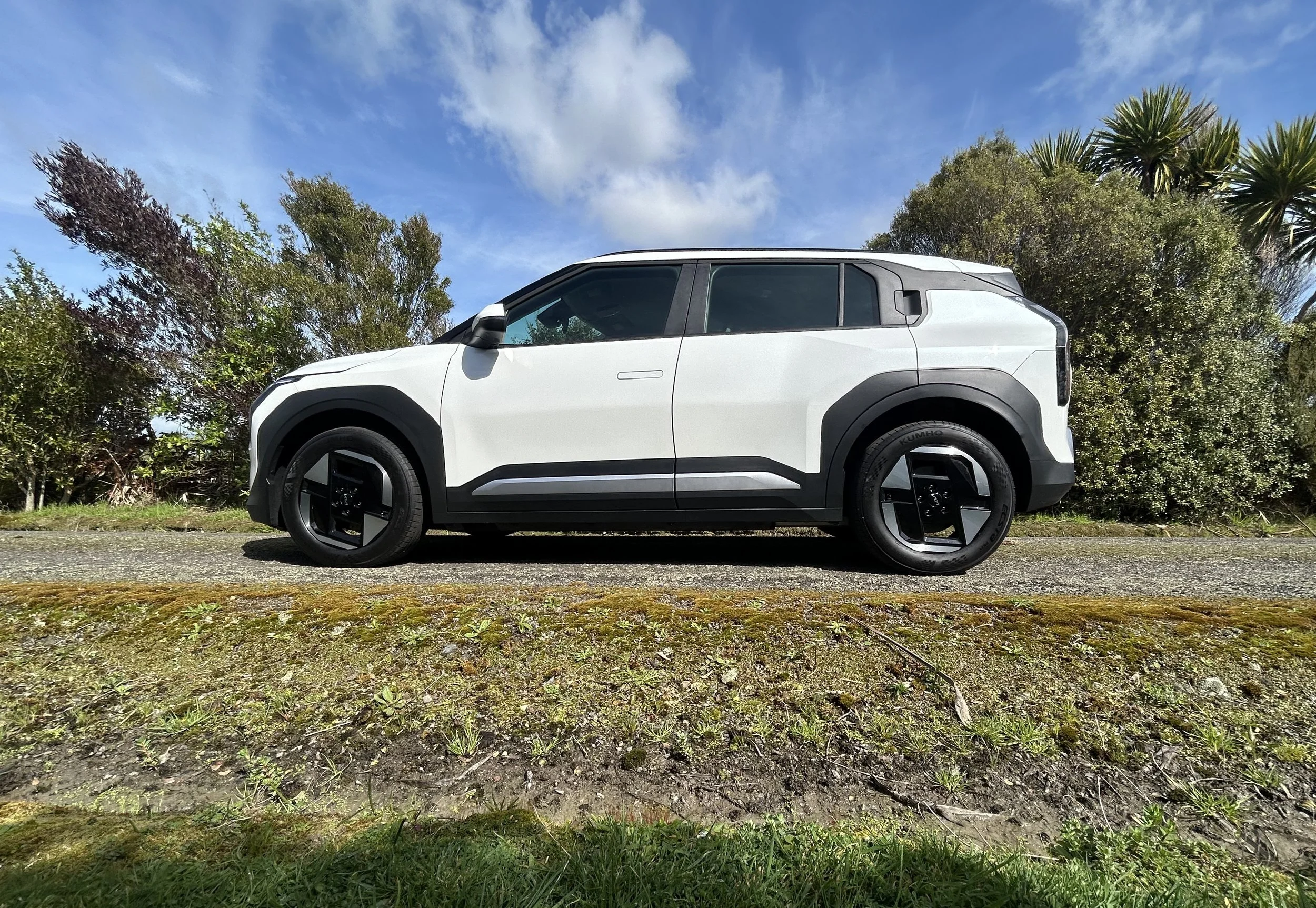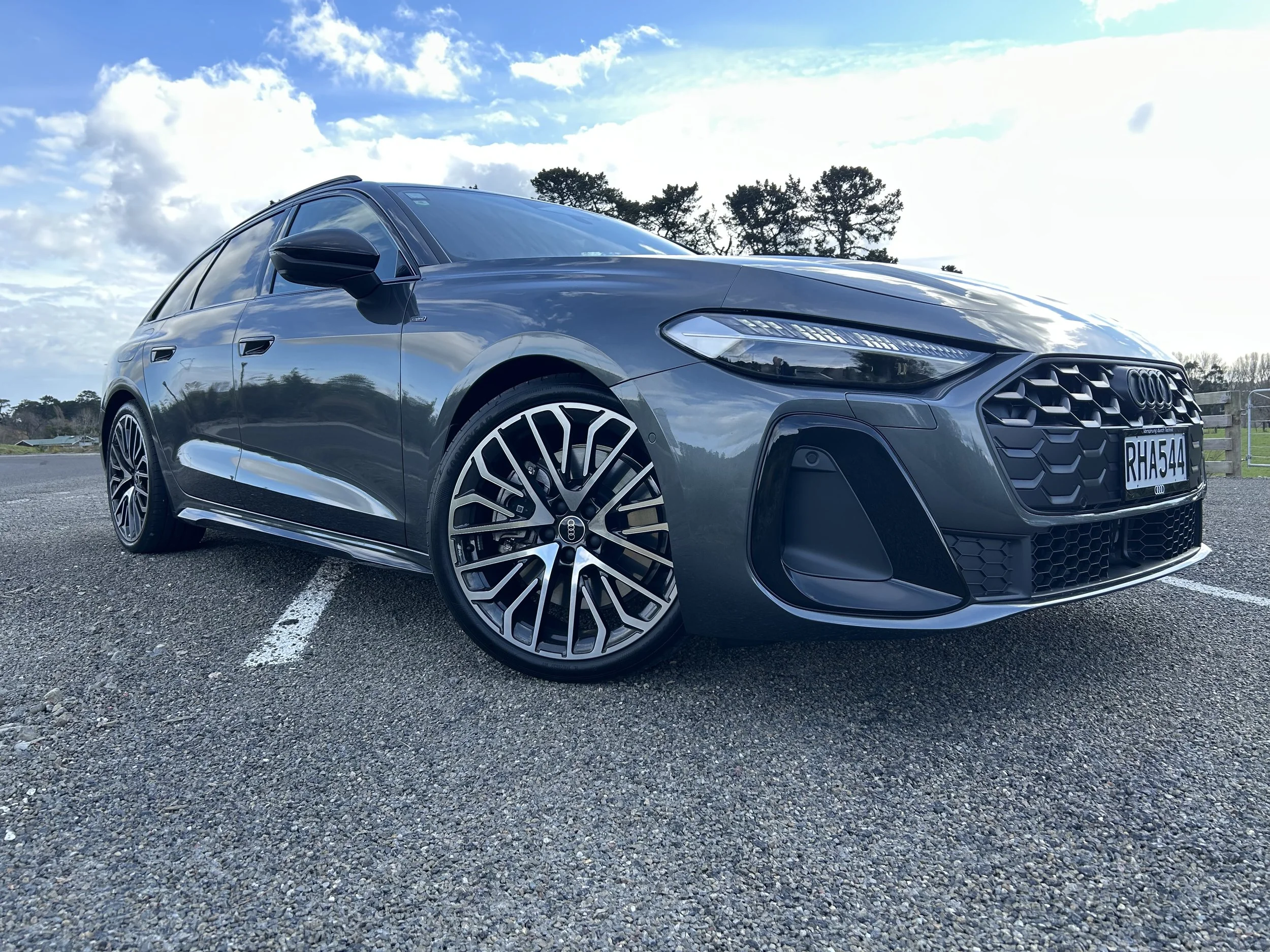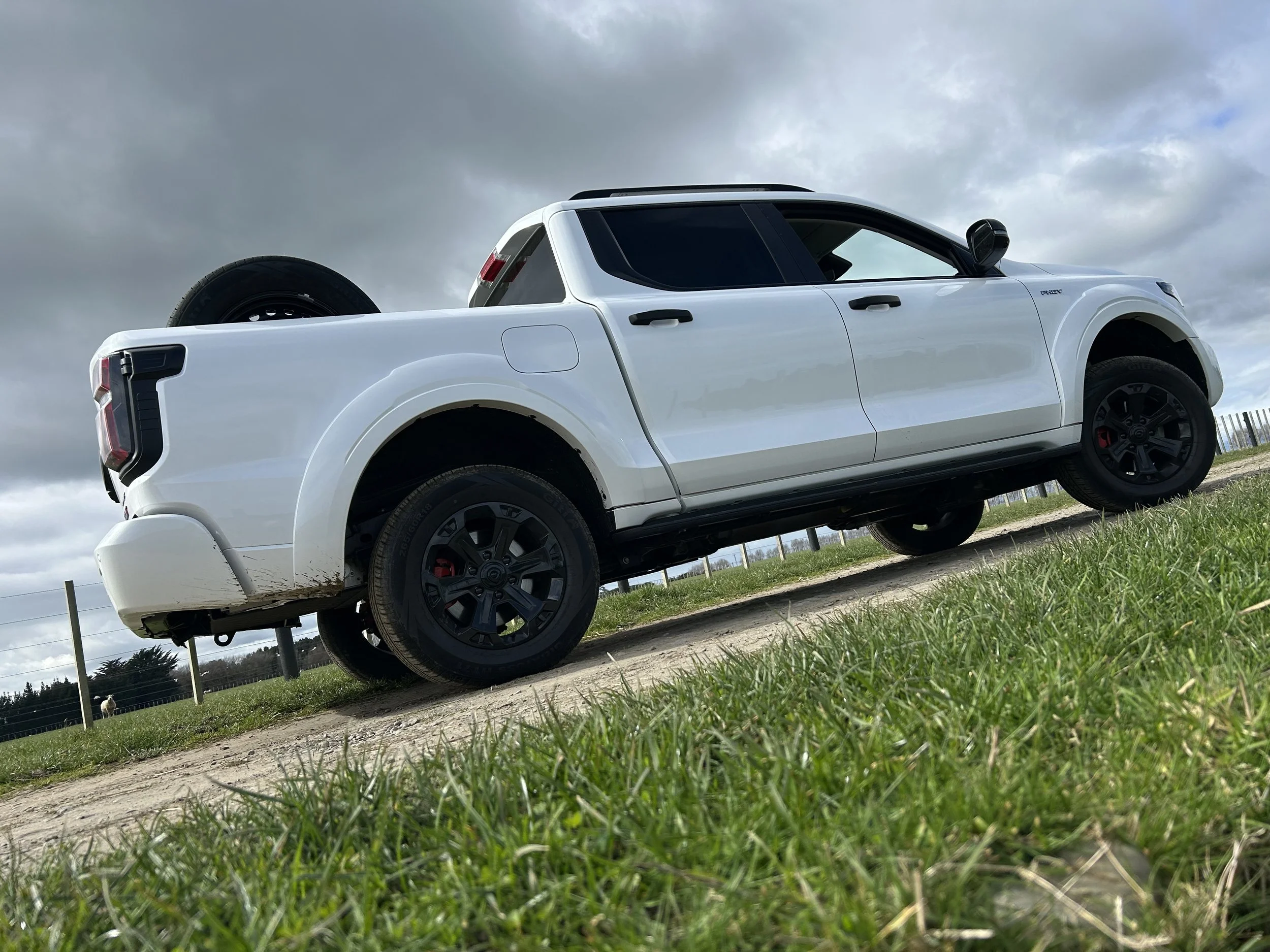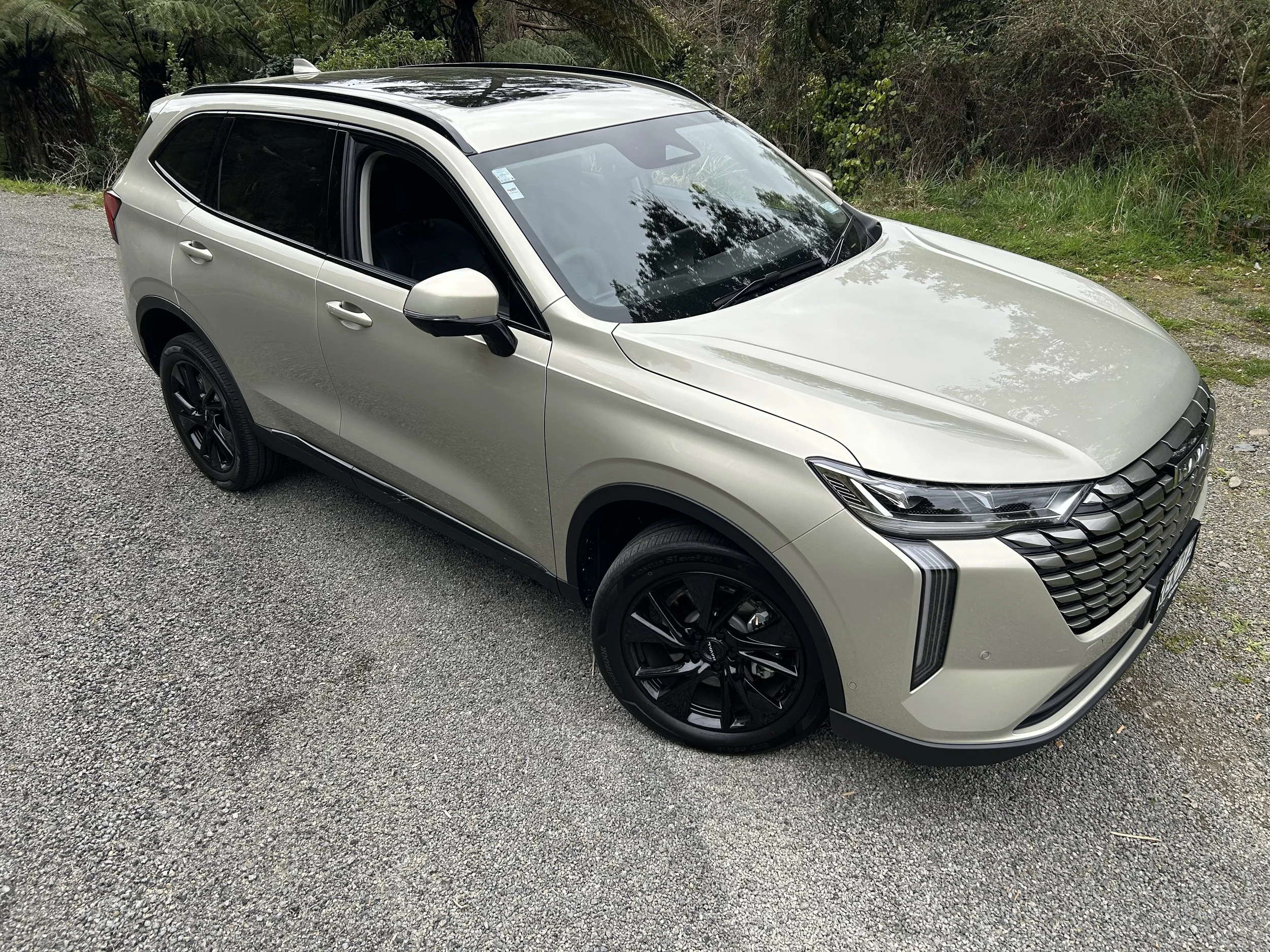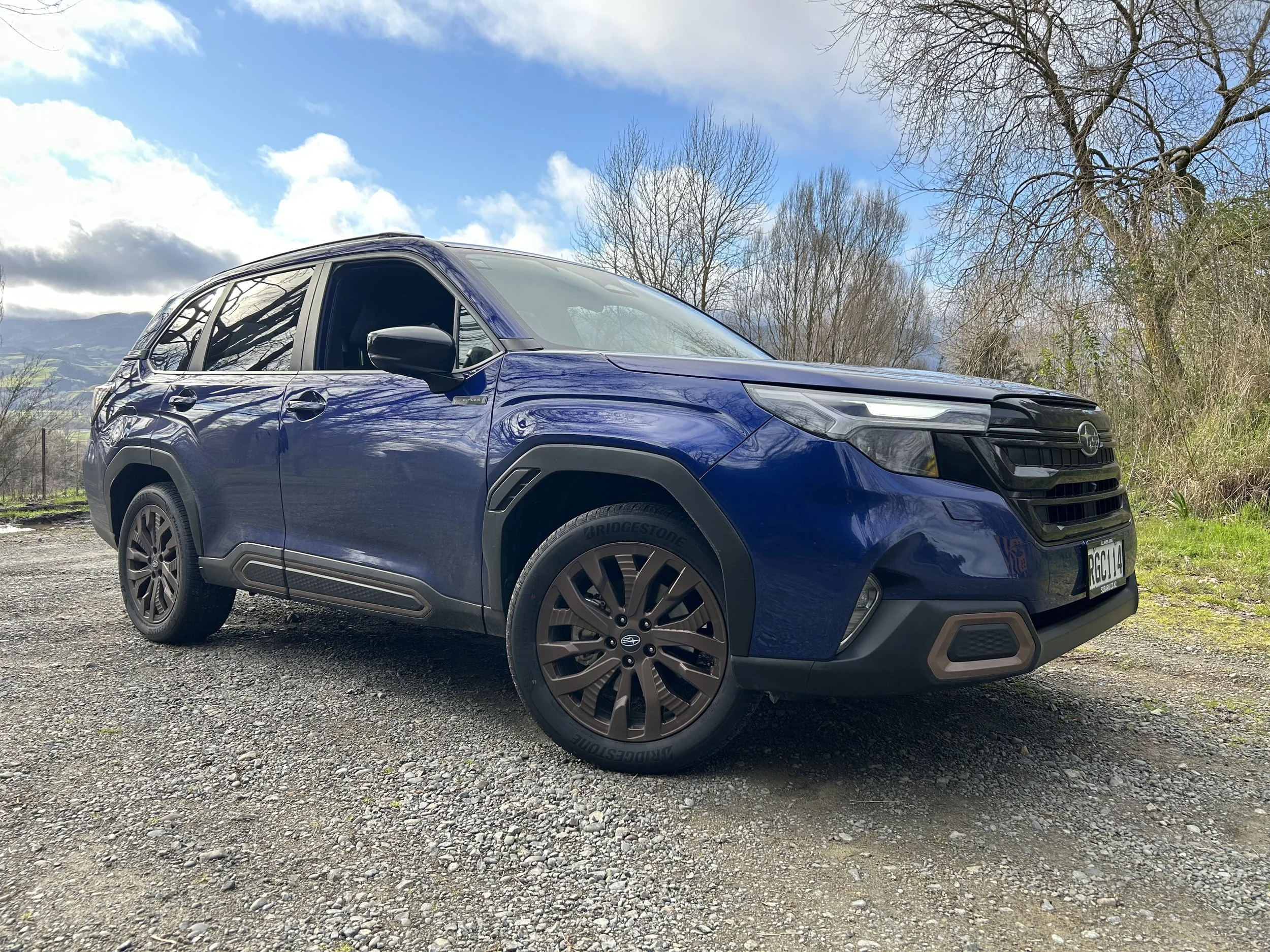Renault NZ vague on electric options
/Are Scenic and 5 in national distributor’s product plan?
KEY Renault electric car announcements this week are being cautiously navigated by the national distributor.
The Auckland-based distributor has been watching the electric sector from the side line since dropping the Zoe in early 2022 due to a crash test embarrassment.
It has also effectively reduced its car line to just one model, the Arkana compact crossover, which is unlikely to configure beyond a current hybrid format that uses dual electric motors, but still also relies on petrol power.
There’s no clarity if anything will change in wake of this week’s announcements involving the French parent.
Unveiling of the new 5 urban hatchback (below), naming of the Scenic (above) as European Car of the Year and Renault announcing it is looking to develop a small battery-wed car with Volkswagen all emerged from the Geneva motor show.
All are important to the brand’s electric car push under the E-Tech mantle, whose intended introduction here was set to occur last month, but didn’t.
Renault NZ cited uncertain market condition as the reason why it last-minute u-turned on introducing the Megane E-Tech (below).
It says the car - which was to share in a common specification with Australia, which has gone ahead with release - might yet land, but there’s no commitment to when.
Megane E-Tech is Renault’s equivalent of Nissan’s incoming Ariya electric, which will serve as a long-awaited larger choice to the Leaf, whose penetration of the new car sector has been massively stymied by used imports.
Scenic is also a familiar nameplate to New Zealand, but perhaps only for those with long memories. It last represented here as a multi-purpose five-seater wagon in the early 2000s, in diesel and petrol.
Its rebirth as an electric has been warmly welcomed in Europe and that status could conceivably further cement with it topping the European contest, ahead of the BMW i5 in runner-up and the Peugeot e-3008/3008 in third.
For its part, Renault NZ has stopped short of expressing any outright enthusiasm for adopting it, limiting comment to simply saying that the type’s availability here “is still to be confirmed.”
Further request that brand fans here “stay tuned for further updates as Renault continues to explore opportunities to bring its innovative products to customers worldwide” also stops short of any particular commitment.
The Auckland office was more immediately enthusiastic about the 5 E-Tech when it revealed as a concept in 2021.
However, now there’s only silence about the potential of a model rich with styling cues from the classic Renault 5 of the 1970s that is about to enter production and cost from $44,000 in the United Kingdom.
Two specific requests for comment from the Auckland-based distributor have gone unanswered.
Ostensibly, the 5 would serve the same urban chic role as the Fiat 500 and Mini Electric, both of which also take after classic forebears and have been successful over the years with retro design themes.
There are to be two battery options, yielding versions with 90kW and 110kW motor outputs in the UK, the latter able to get from 0-100kmh in under eight seconds. Range is likely to be from 300km to 400km depending on the battery size.
With the 5 in production, Renault is now looking to revive the Twingo, an even smaller and more city use-themed model which has never previously sold here.
A concept (above) expressing how it might present in electric form has already been shown and now Renault believes the best way of bringing it to reality will be as co-share with Volkswagen, which wants to substitute the now defunct Up! baby hatch, which when a petrol car was sampled for NZ several years ago, but nothing eventuated.
So far the smallest electric VW for NZ seems set to be the ID.2 small hatch which might be available here as early as next year.
Speaking with industry journal Automotive News Europe in Geneva, Renault chief executive Luca de Meo said his brand is in “good discussions” with Volkswagen to partner on the project and share platforms, though with caveat that the Twingo will share ingredients of the AmpR compact EV architecture used by the 5.
Either way, he intends to forge ahead with the programme, whose aim is to create a budget electric with a target price less than $36,000.
De Meo has flagged lithium iron phosphate (LFP) batteries as one of several measures to help reduce costs for the Twingo, in addition to other measures that should achieve a targeted 40 percent reduction in production costs for the Twingo compared to current EVs.
Some of these initiatives include parts reduction, shorter manufacturing times, speed to market and cheaper battery chemistries, Mr de Meo told Automotive News Europe. These will also apply to the Renault 4 and Renault 5 during their product lifecycles.
Europe’s major car brands are in a rush to come to market with affordable EVs to challenge emerging Chinese nameplates.



